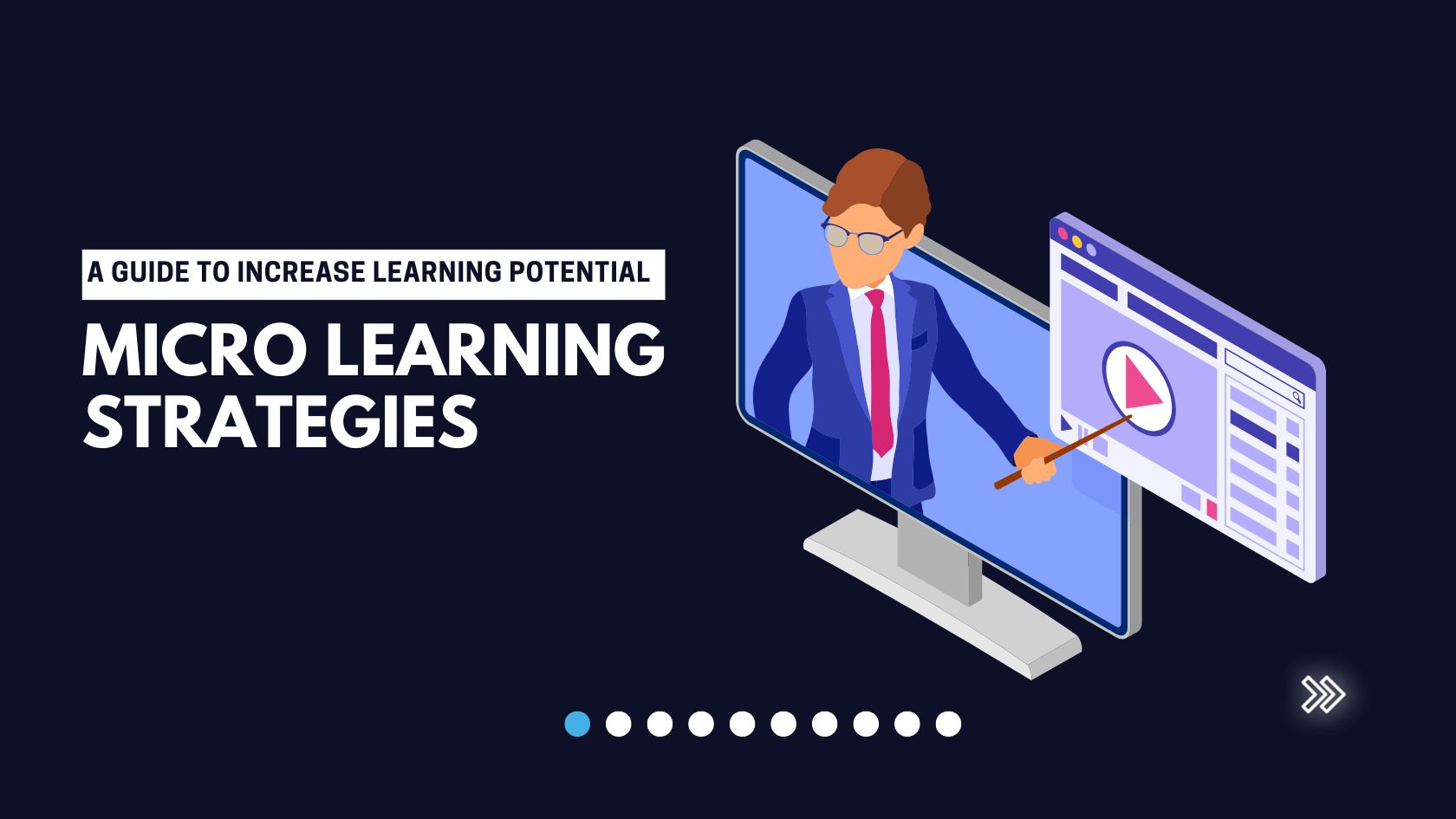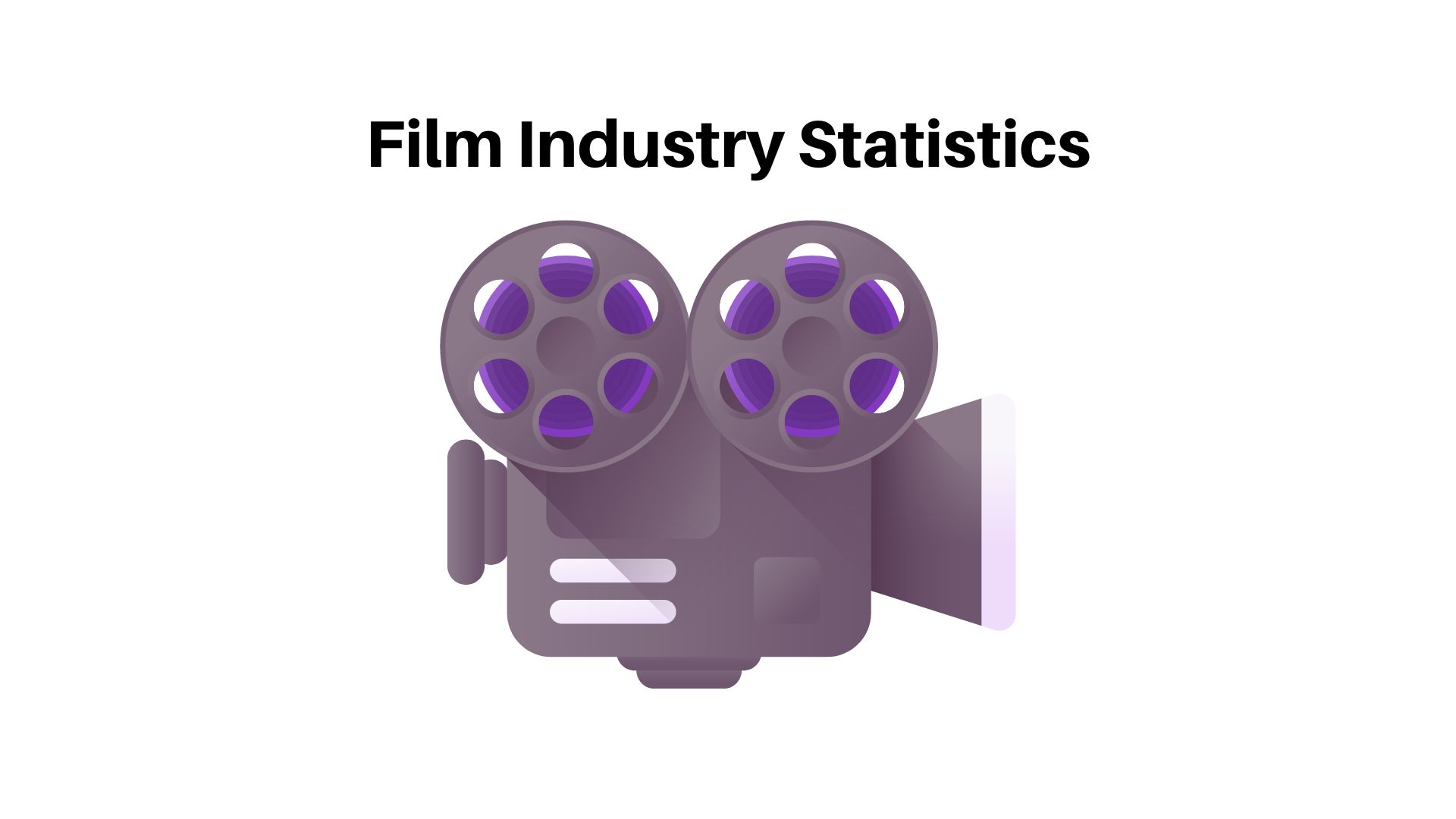Mobile Business Intelligence: How Some Companies Use It
Page Contents
By James Bickers
Mobile business intelligence, at its core, asks two simple questions: Where are your customers right now, and what are they doing? This information can add some powerful marketing abilities to your arsenal.
Given this, there seems to be an almost unlimited potential for using mobile business intelligence (BI) and other mobile technologies to empower business executives. But between the hype that lives in vendor collateral and the reality that exists in the palm of your hand, where does the truth lie?
The drive sharing app Uber provides a good example of how mobile data can intersect with business needs and therefore drive transactions, said Dr. Ravi Kalakota, a partner at digital integrator LiquidHub.
“Uber, in my opinion, is the benchmark firm to keep track of in terms of companies that are using mobile BI (business intelligence) tools most innovatively,” he said. “They are doing mobile, data-driven, real-time tracking … to optimize the customer experience.”
So how is mobile BI being used today? Enterprise Apps Today found a few examples of companies using mobile business intelligence software to enhance their business.
Mobile BI and Streamlining Sales Processes
Mutual Distributing Company, a wholesale distributor based in North Carolina, has been in the beer and wine business for 70 years. The company implemented the Diver Platform from BI software provider Dimensional Insight 20 years ago, and since then they've watched as it has evolved into a functional mobile tool.
“We were originally on the hunt for a content management application to organize and distribute< spreadsheets, PDFs and presentations,” said James Staton, vice president of IT for Mutual Distributing.
What was originally a simple and functional business intelligence solution has evolved into something more modern, powerful and mobile, Staton said. If a customer is interested in a specific wine from France that has promotional pricing, a sales rep is able to create a PDF or spreadsheet about it on the fly and email it while traveling.
The business intelligence software also gives sales people a top-down overview of their territories, wherever they might be, and allows them to monitor their sales in real time.
“Our sales force can now look at their iPads and are able to have the information right in front of them so that they know how their days are progressing, how they stand with sales and goals, and how their customers are doing,” Staton said.
Mobile BI and Better Customer Service
FruitGuys, a San Francisco-based company that offers fresh fruit delivery services throughout the U.S., until recently ran its business largely via Gmail. Realizing it needed more transparency into its operations, it began using Salesforce's Desk.com customer service software.
Desk.com has helped ensure customer needs are being met with minimal mistakes, said Hannah Aguilar-Mata, FruitGuys' customer service manager. In addition, its business intelligence tools help her “see who is doing what and how long it is taking,” she said. “I can measure how we are doing, as individuals or as a group, on a weekly and monthly basis.”
Desk.com can be used on iOS and Android devices, a feature that is helpful when Aguilar-Mata is visiting customers and can send messages regarding customer experiences that can then be viewed by the customer service team. While FruitGuys primarily works with contract drivers now, Aguilar-Mata said it is hiring more of its own drivers. Similarly, drivers will be able to use Desk.com to share customer feedback.
“So if a customer has as issue with apples, for example, we can respond within an hour,” Aguilar-Mata said.
Desk.com also provides insights that help Aguilar-Mata with hiring. “If I look at insights over time regarding hiring, I can see that October through December is a peak activity time for us, which helps me build the case for the number of employees I need to hire and whether they should be part-time or full-time,” she said.
Mobile BI and Personalization
Few things are more personal than our homes, and home builders understand this. Your home is a place where you will likely spend decades of your life, so you want it to be a good fit.
In Atlanta, your search for a home might lead you to Edward Andrews Homes. The brainchild of two leaders in southern homebuilding, the company has used mobile technology to make the process as smooth as possible along the way.
Edwards Andrews Homes uses tablet-friendly tools from LiquidHub, a digital transformation firm, to better understand a prospective home buyer's aesthetic sensibilities before it is ever time to walk the property.
“The insights captured and provided by these tools allow our design team to deliver a faster and more streamlined customer journey experience,” said Caroline Simmel, senior vice president of marketing at Edward Andrews Homes. The contract-to-design process has seen as much as a 42 percent decrease in time spent, thanks to the software being used, Simmel said.
A responsive website that LiquidHub created for the home builder includes a Style Quiz that asks users to rate a series of room scenes and decor elements and then assigns the user a design profile based on their responses, and a Lifestyle Questionnaire with questions focusing on how a home will be used.
After home buyers sign a contract and pay a deposit on a home, they are given login information for an account that links the website's quiz and questionnaire results to their account, which is managed with SalesforceIQ's CRM software, said Daniel Davenport, LiquidHub's managing director. On their first visit to the Edward Andrews Homes design center, a designer pulls up the results on a tablet to view with the customer.
“We knew from the beginning we wanted it to be a tablet experience, so the designer and the customer could walk around freely in the design studio,” he said.
The software has contributed to a reduction in costly change orders, Davenport said. “The idea was to build a sense of confidence in the customer's design choices and get them to what we call a ‘confident yes,'” he said.
Monitoring the results to the quiz and questionnaire over time and feeding results into business intelligence tools also will help reveal larger trends in design choices among the home builder's customer base, Davenport said, noting that the company creates and maintains demographic “profiles” that help it better market its services.
Mobile BI ‘in Its Infancy'
Mobile business intelligence, like a lot of great ideas, is still evolving. Nobody really knows what its boundaries or the bare minimums are yet.
So what is the next step for mobile BI?
“Mobile BI is in its infancy,” said Dennis Becker, CEO of mobile marketing company Mobivity. “The bulk of mobile BI is currently being practiced in the display ad industry … (and ad networks) are publishing and managing billions of ad impressions on mobile devices where deeper data beyond impressions throw off a ton of data.”
“A lot of companies are practicing traditional online BI techniques, where they are more or less viewing clicks and page views,” he added. “Enterprises have a long way to go in order to find new use cases for mobile beyond social networking and entertainment.”
Information for this story was also provided by Ann All. The editor of Enterprise Apps Today and eSecurity Planet, she has been writing about business and technology for more than a decade.

Drew Robb is a writer who has been writing about IT, engineering, and other topics. Originating from Scotland, he currently resides in Florida. Highly skilled in rapid prototyping innovative and reliable systems. He has been an editor and professional writer full-time for more than 20 years. He works as a freelancer at Enterprise Apps Today, CIO Insight and other IT publications. He is also an editor-in chief of an international engineering journal. He enjoys solving data problems and learning abstractions that will allow for better infrastructure.


